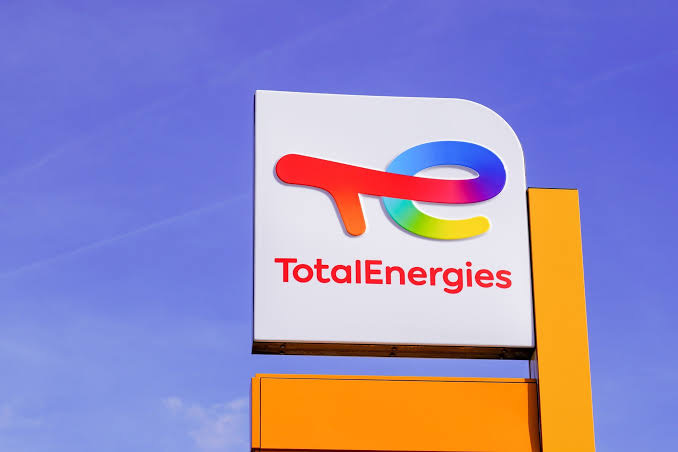Shearwater Geoservices has landed a contract from TotalEnergies to carry out an ocean bottom node (OBN) survey in Angola’s Block 32, focusing on the Louro and Mostarda fields. Starting in January 2025, the project will span about two and a half months, boosting Angola’s offshore oil exploration efforts, which have drawn interest following recent discoveries in the area.
The survey will utilise Shearwater’s advanced SW Tasman vessel, equipped with two remotely operated vehicles (ROVs), designed specifically for laying seismic nodes. The vessel was converted in 2023 to enhance its operational efficiency. Alongside the SW Tasman, the SW Gallien will serve as the source vessel for the survey.
Shearwater plans to employ its compact and high-endurance Pearl node technology, known for its reliability and effectiveness in deepwater seismic data collection. The project follows Shearwater’s previous work in the same area, where they conducted a 4D streamer survey for TotalEnergies.
The experience gained from that project will be invaluable as they move into this new phase of exploration. Irene Waage Basili, CEO of Shearwater, expressed satisfaction with the performance of their OBN platform, highlighting its continuous operation since its introduction last year. She noted that the contract allows them to introduce deepwater OBN technology to new areas of TotalEnergies’ operations.
The significance of this project extends beyond technical execution; it has broader implications for Angola’s economy and energy sector. As one of Africa’s key oil-producing nations, Angola stands to benefit greatly from enhanced exploration efforts.
The successful execution of this survey could lead to increased oil production, which is vital for a country that relies heavily on oil revenues for its economic stability. Moreover, the project is likely to create job opportunities both directly and indirectly. Local workers may be employed in various roles related to the survey, from technical positions to support services.
This can help reduce unemployment rates in a region where job opportunities are often limited. Additionally, local businesses may see increased demand for supplies and services related to the oil industry, further stimulating economic growth. However, with these opportunities come responsibilities. The environmental impact of offshore drilling and seismic surveys must be carefully managed.
The government and companies involved should prioritise environmental protections to mitigate risks such as pollution or habitat destruction. Engaging local communities in discussions about these projects can ensure that their voices are heard and that sustainable practices are followed.
This project, utilising advanced technology and expertise, aims to boost oil production while offering potential economic benefits to local communities. As Angola expands its energy resources, the country must balance economic growth with environmental responsibility, ensuring both sectors flourish. The initiative could attract more investment and exploration, strengthening Angola’s role as a key player in the global energy market.

